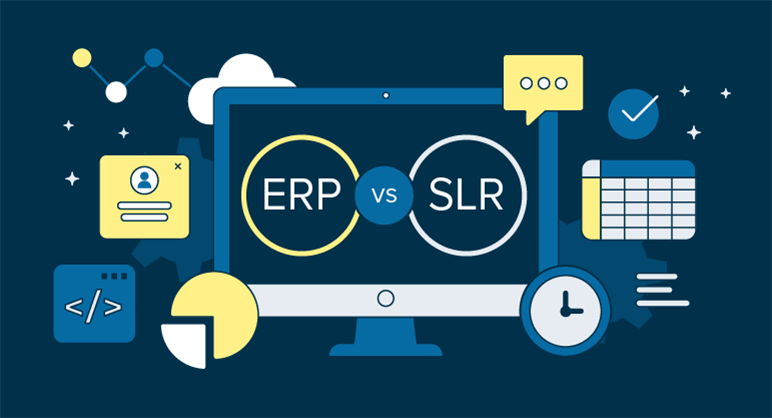Advancements in Artificial Intelligence (AI) and Machine Learning (ML) are revolutionizing the financial industry, transforming the way finance teams operate and redefining the role of the Chief Financial Officer (CFO). As the financial landscape embraces the power of AI and ML, it becomes crucial for CFOs and finance professionals to understand the profound implications of these technologies. In this blog post, we will explore insights from leading industry sources to shed light on the impact of AI and ML on the office of the CFO and finance in the wider context.
Enhanced Financial Analysis and Decision-Making:
AI and ML empower CFOs with advanced analytics and predictive capabilities, enabling data-driven decision-making and strategic financial planning. These technologies can process vast amounts of financial data rapidly, offering valuable insights into market trends, customer behavior, and investment opportunities. With more accurate forecasts and risk assessments, CFOs can make informed decisions to drive organizational growth and efficiency【1†source】【2†source】.
Streamlined Financial Reporting and Compliance:
AI and ML streamline financial reporting processes by automating repetitive tasks and ensuring compliance with regulatory requirements. CFOs can leverage these technologies to automate financial statement preparation, reducing the risk of errors and inaccuracies. Additionally, AI-driven compliance tools facilitate adherence to evolving financial regulations, providing real-time insights into compliance gaps and potential risks【1†source】【3†source】.
Improved Fraud Detection and Financial Security:
AI and ML play a vital role in detecting fraudulent activities and enhancing financial security. Advanced algorithms can analyze historical transactional data to identify patterns indicative of fraudulent behavior, protecting businesses from potential financial losses and reputational damage. By deploying AI-driven fraud detection systems, finance teams can stay one step ahead of cyber threats and safeguard their organization’s financial assets【4†source】.
Optimized Resource Allocation and Cost Management:
AI and ML enable CFOs to optimize resource allocation and cost management through predictive analytics. These technologies can assess various cost drivers, such as supply chain expenses or operational costs, to identify areas for improvement and cost-saving opportunities. By utilizing AI-powered insights, finance teams can allocate resources more efficiently and enhance overall financial performance【5†source】.
Personalized Financial Services and Customer Experience:
In the finance industry, AI and ML facilitate personalized financial services and customer experiences. By analyzing customer data, these technologies can provide tailored recommendations for financial products, investment opportunities, and risk management strategies. As a result, CFOs can enhance customer satisfaction and loyalty, driving business growth and market competitiveness【6†source】.
Challenges of AI and ML: Responsibility and Ethics:
Despite the undeniable benefits, AI and ML also present significant challenges for CFOs and finance professionals. As these technologies play an increasingly critical role in financial decision-making, issues of ownership, accountability, and responsibility arise. Ensuring the ethical and responsible use of AI and ML in finance becomes paramount, as decisions driven by algorithms impact individuals and organizations alike. CFOs must navigate the complex landscape of AI ethics and establish frameworks that prioritize transparency, fairness, and data privacy. By embracing responsible AI practices, finance leaders can uphold ethical standards while harnessing the full potential of AI and ML【7†source】【8†source】【9†source】【10†source】.
Conclusion:
As AI and ML continue to disrupt the financial landscape, finance professionals must embrace these transformative technologies with a thoughtful and ethical approach. From improved decision-making to enhanced financial security and customer experiences, the impact of AI and ML on the office of the CFO is profound. By harnessing the power of AI and ML, CFOs and finance teams can navigate the challenges and opportunities of the digital era, creating a more agile, efficient, and customer-centric financial ecosystem. As these technologies continue to evolve, addressing the challenges of AI ethics will be pivotal in shaping the future of finance and driving long-term success for organizations worldwide【2†source】.
References:
- EY: How Does Advanced Analytics Enhance Financial Crime Compliance
- IBM: Six Ways the CFO Can Use Artificial Intelligence Today
- Deloitte: AI Adoption in Financial Services
- Forbes: Artificial Intelligence Opens Up the World of Financial Services
- Deloitte: How Artificial Intelligence Is Transforming the Financial Services Industry
- Deloitte: AI in Financial Services
- IBM: IBM Financial Services Solutions
- Accenture: Responsible AI in Finance
- EY: Responsible AI: Addressing Ethical Challenges
- KPMG: Ethical AI in the Financial Industry






